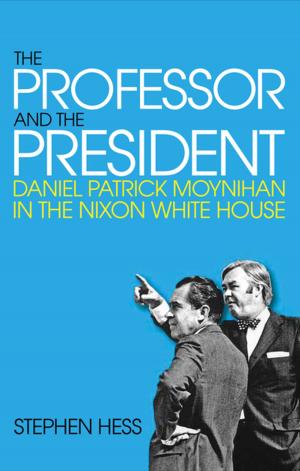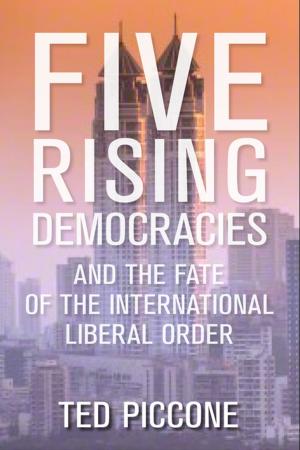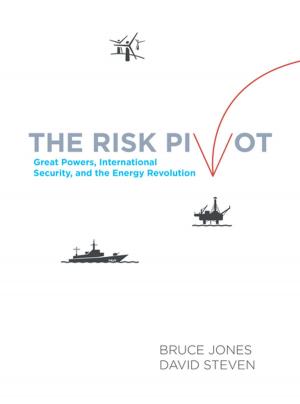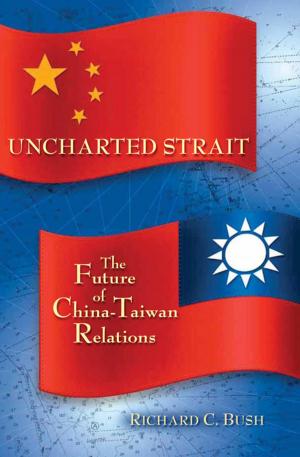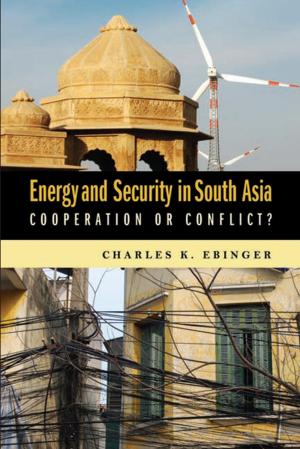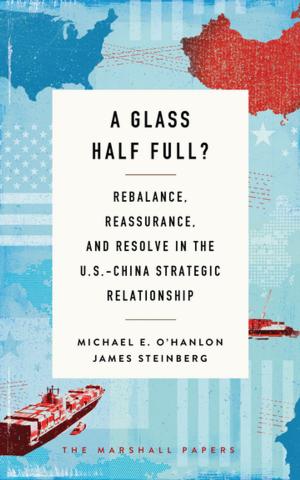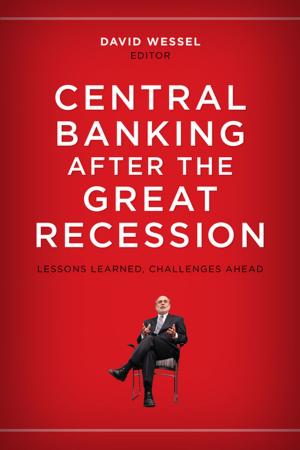America's Challenge
Engaging a Rising China in the Twenty-First Century
Nonfiction, Social & Cultural Studies, Political Science, International, International Relations| Author: | Michael D. Swaine | ISBN: | 9780870033445 |
| Publisher: | Brookings Institution Press | Publication: | May 1, 2012 |
| Imprint: | Carnegie Endowment for Int'l Peace | Language: | English |
| Author: | Michael D. Swaine |
| ISBN: | 9780870033445 |
| Publisher: | Brookings Institution Press |
| Publication: | May 1, 2012 |
| Imprint: | Carnegie Endowment for Int'l Peace |
| Language: | English |
The emergence of the People's Republic of China on the world scene constitutes the most significant event in world politics since the end of World War II. As the world's predominant political, economic, and military power, the United States faces a particularly significant challenge in responding to China's rising power and influence, especially in Asia.
Offering a fresh perspective on current and future U.S. policy toward China, Michael Swaine examines the basic interests and beliefs behind U.S.-China relations, recent U.S. and Chinese policy practices in seven key areas, and future trends most likely to affect U.S. policy. American leaders, he concludes, must reexamine certain basic assumptions and approaches regarding America's position in the Western Pacific, integrate China policy more effectively into a broader Asian strategy, and recalibrate the U.S. balance between cooperative engagement and deterrence toward Beijing.
The emergence of the People's Republic of China on the world scene constitutes the most significant event in world politics since the end of World War II. As the world's predominant political, economic, and military power, the United States faces a particularly significant challenge in responding to China's rising power and influence, especially in Asia.
Offering a fresh perspective on current and future U.S. policy toward China, Michael Swaine examines the basic interests and beliefs behind U.S.-China relations, recent U.S. and Chinese policy practices in seven key areas, and future trends most likely to affect U.S. policy. American leaders, he concludes, must reexamine certain basic assumptions and approaches regarding America's position in the Western Pacific, integrate China policy more effectively into a broader Asian strategy, and recalibrate the U.S. balance between cooperative engagement and deterrence toward Beijing.


